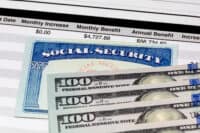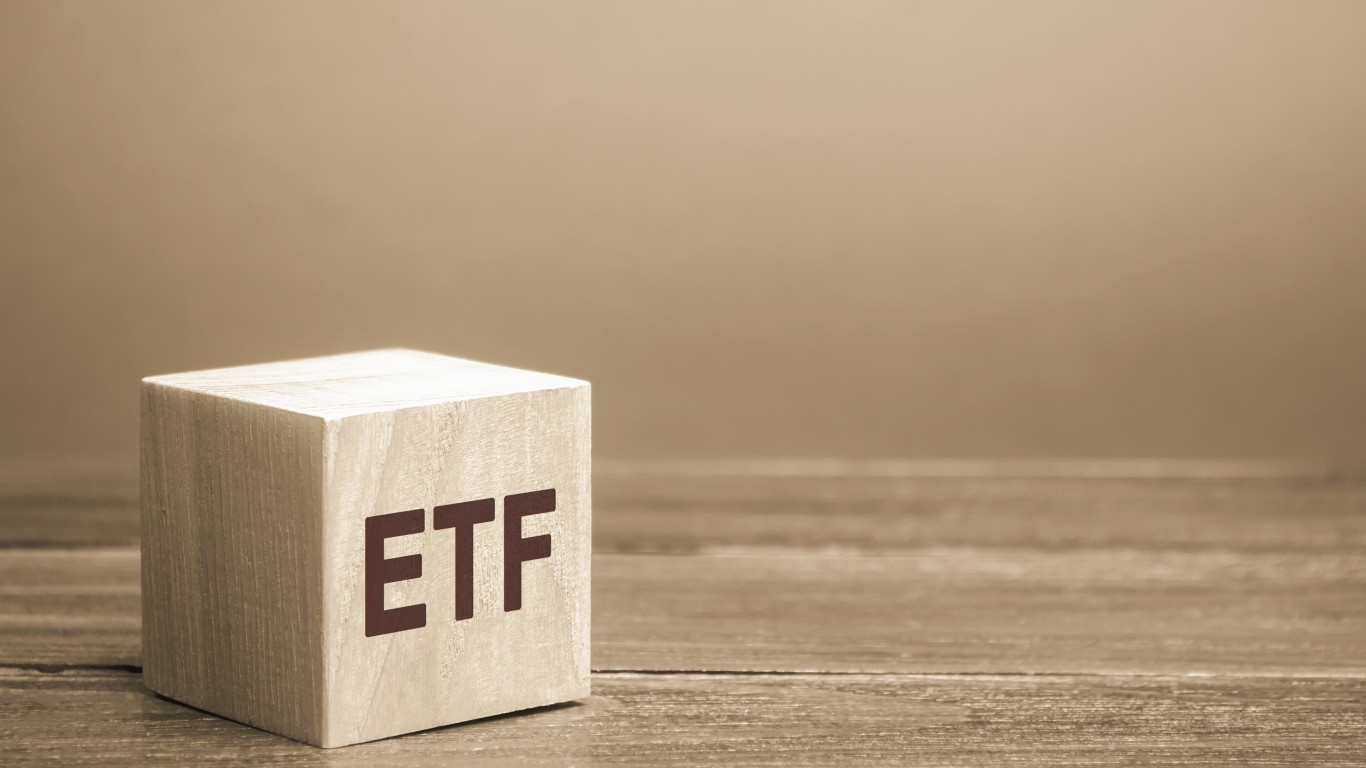
Just as in the story of the tortoise and the hare, value investors likely believe that slow and steady will win the race. A steady (and steadily rising) dividend will beat a high-flyer over the long run every time.
Maybe. Maybe not. Since late June of 2010, the S&P 500 index has gained 226%. Not bad. General Electric, one of the oldest stocks around, has dropped 41% over the same period. Electric vehicle maker Tesla, which came public on June 29, 2010, had added more than 10,000% to its share price, before giving back more than 20% of that gain earlier this week.
Is it time to look again at some long-term, slow-and-steady stocks instead of chasing the next rocket? While ditching all the high-flyers may be a little hasty, there are some solid dividend payers out there that could have a place in a balanced basket of investments.
Here are eight stocks worth considering adding to the value basket. We’ve noted a stock’s history of dividend increases, its current dividend yield and how the stock has performed over the most recent 12 quarters.
AbbVie Inc. (NYSE: ABBV) was spun out of Abbott Labs in 2012 and paid its first quarterly dividend of $0.40 a share ($1.60 annualized) in January of 2013. The dividend has increased by a cumulative 195%, until reaching its current annualized rate of $4.72. AbbVie’s market cap is around $162.5 billion, and the stock’s dividend yield is 5.32%. Over the past 12 quarters, AbbVie has paid $12.05 in cash dividends and the share price has added $26.12.
AT&T Inc. (NYSE: T) has raised its dividend every year for the past 35 years. The company’s market cap is currently around $210.4 billion, and its current annualized dividend is $2.08 yielding 7.05%. Over the past 12 quarters, AT&T has paid out $6.09 in cash dividends and the share price has dipped by $1.90.
International Business Machines Corp. (NYSE: IBM) has paid out consecutive quarterly dividends since 1916. The company’s market cap is about $109 billion, and its current annualized dividend is $6.52 (yield of 5.38%). Over the past 12 quarters, IBM has paid $20.27 in cash dividends and the share price has dipped by $2.77.
PPL Corp. (NYSE: PPL) has raised its dividend every year for the past eight years and in 18 of the past 19. The utilities holding company has a market cap of about $21.5 billion and pays a cash dividend of $1.66 (yield of 5.88%). In the past 12 quarters, PPL has paid out $5.31 in dividends and the share price has dropped by $5.20.
Altria Group Inc. (NYSE: MO) has a market cap of about $82 billion and targets a dividend payout ratio of 80%. The current annualized cash dividend is $3.44 (yield of 7.91%). Over the past 12 quarters, the Marlboro cigarette maker has paid cash dividends totaling $9.28. Over the same period, the share price fell by $8.79. The company has increased its dividend every year for 11 years.
Chevron Corp. (NYSE: CVX) has increased its dividend for 32 consecutive years. The oil and gas giant’s market cap is about $150 billion, and it pays an annual dividend of $5.16 (yield of 6.53%). Over the past 12 quarters, Chevron has paid $13.98 in cash dividends, while the stock’s share price has decreased by $16.24.
Philip Morris International (NYSE: PM) has a market cap of $126.1 billion and pays a just-raised annualized dividend of $4.80 (yield of 5.96%). Like Altria, Philip Morris has raised its dividend for 11 consecutive years. The maker and marketer of Marlboro cigarettes for the international market paid $13.98 in cash dividends over the past 12 quarters. The stock price fell by $19.11 in that time.
Walgreens Boots Alliance Inc. (NYSE: WBA) has raised its dividend for the past 44 consecutive years. The drug store operator has a market cap of about $30.8 billion and currently pays an annualized dividend of $1.87 (yield of 5.18%). Walgreens has paid cash dividends totaling $5.60 over the past 12 quarters, but the share price has tumbled by $38.62 in that time.
100 Million Americans Are Missing This Crucial Retirement Tool
The thought of burdening your family with a financial disaster is most Americans’ nightmare. However, recent studies show that over 100 million Americans still don’t have proper life insurance in the event they pass away.
Life insurance can bring peace of mind – ensuring your loved ones are safeguarded against unforeseen expenses and debts. With premiums often lower than expected and a variety of plans tailored to different life stages and health conditions, securing a policy is more accessible than ever.
A quick, no-obligation quote can provide valuable insight into what’s available and what might best suit your family’s needs. Life insurance is a simple step you can take today to help secure peace of mind for your loved ones tomorrow.
Click here to learn how to get a quote in just a few minutes.
Thank you for reading! Have some feedback for us?
Contact the 24/7 Wall St. editorial team.
 24/7 Wall St.
24/7 Wall St.


